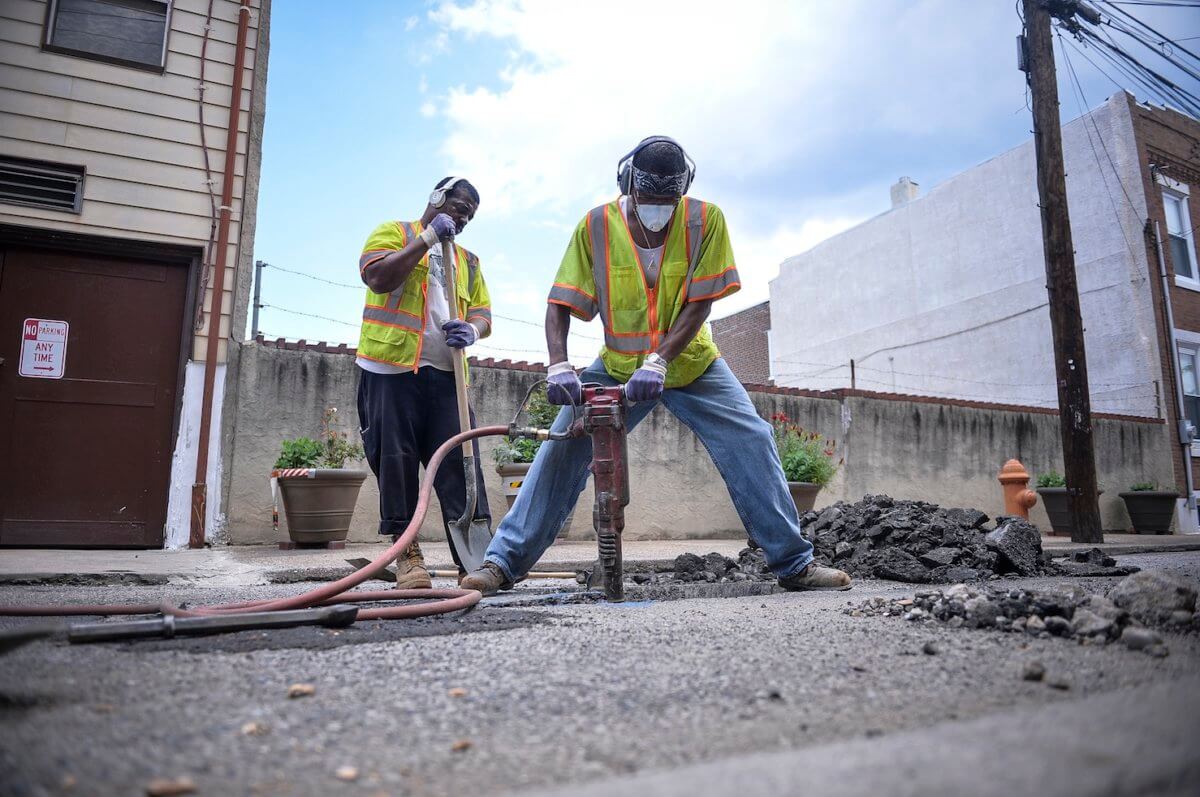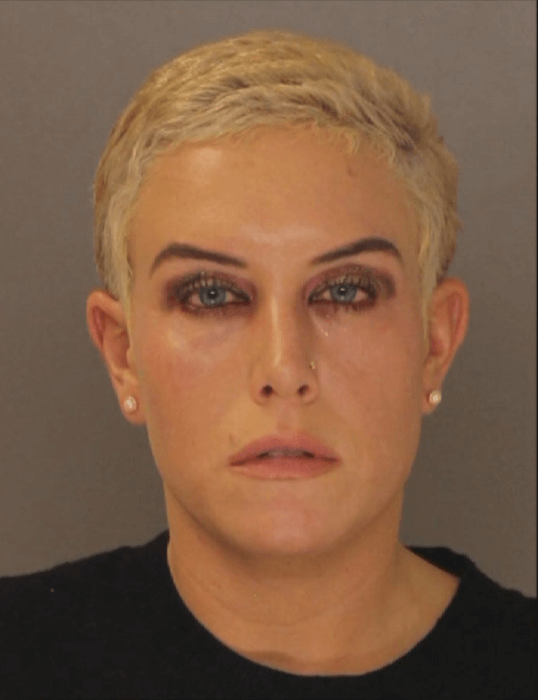Many Philadelphians get their drinking water straight from the tap.
But the safety of that water, drawn from rivers and reservoirs in the Delaware Valley, is increasingly under scrutiny in the wake of the lead contamination in Flint, Michigan. Now, a class-action lawsuit is demanding the city replace its pipes — and claiming that its testing methods are “rigged.” The lawsuit, filed June 2 on behalf of West Philly mom Eleni Delopoulos as the lead plaintiff in the class action, claims that “city’s aging lead water pipes are disturbed by construction that disrupt the service lines and increases the risk of lead contamination into nearby residents’ water supply,” according to her law firm, Hagens Berman. They are demanding “full replacement of affected service lines” and more tests to detect lead poisoning in residents.
City and Water Department officials declined to comment on the lawsuit.
“Studies have shown that the kind of construction the city is carrying out creates the perfect storm for lead pipe corrosion, and yet the city has decided to conceal this growing health hazard from its own citizens,” claimed attorney Steve Berman in a statement. “To add insult to injury, the city of Philadelphia has actively concealed this issue by rigging its lead testing procedures.” Berman argued the city is “rigging” its tests by testing mostly low risk homes.
Water quality testing in Philadelphia is done on a voluntary basis. The last round of tests, in 2014, found less than 5 percent of 134 homes tested had lead levels above 15 parts per billion, the level at which the EPA requires corrective action. Homes will be tested again in 2017. But Berman also said that the city’s method of testing is faulty — in part for “pre-flushing” pipes six hours before the test, which the Water Department says is to eliminate the home’s pipes as the source of the lead. This step “can temporarily hide a home’s lead contamination,” according to the lawsuit. That type of pre-flushing was listed as a violation of the Michigan Safe Drinking Water Act in state charges against officials held responsible for the Flint crisis. But state and city officials say they are in compliance with the U.S. Environmental Protection Agency’s guidelines for water testing.
Former state Department of Environmental Protection chief John Quigley told the Huffington Post in April that “The Philadelphia Water Department is in compliance with the federal Lead and Copper Rule. Period. Full stop.” Water Department commissioner Debra McCarty testified at a March hearing on water safety that Philly water is safe, but aged structures in the city may have lead pipes that could contaminate the water. Residents of those homes should run their pipes for a few minutes in the morning to clear any potentially built-up lead, McCarty said, as she herself does at her home every morning.
However, environmentalists believe the city is responsible for the safety and quality of water until it comes out of a resident’s tap.
“The fact is, most people know nothing about the pipes that go from a water main into their house [which they own], and many people will not be able to afford to switch to unleaded pipes,” said David Nicholas, a Boston-based lawyer specializing in public interest environmental law. “Since lead in drinking water would be a serious public health problem, the community cannot simply turn its back on those who can’t afford to switch to pipes without lead. In my opinion, the community at large must shoulder the burden of removing unsafe pipes for those who cannot afford to do so themselves.” In the effort to help ensure residents’ exposure to lead in water is limited, on Thursday, a trio of City Councilwomen Blondell Reynolds Brown, Cindy Bass and Helen Gym will introduce three bills related to this issue, they announced Tuesday. Gym’s bill is to require every district school, many of which have water fountains with “do not drink” messages above them, to get annual tests of lead levels in their water and a certification of water quality. (The School District recently committed to investing $1 million in bringing three hydration stations to every school.) Reynolds Brown’s bill would mandate family and group child care centers get “lead safe” certification before being licensed.Bass’ bill would require disclosure of lead paint risks in homes built before 1978 to buyers or renters.
Lawsuit over city pipes puts Philly water back under microscope

Charles Mostoller































